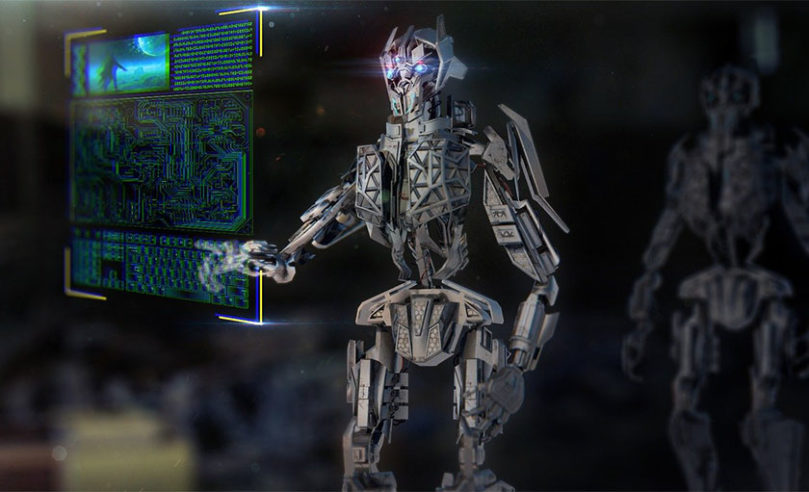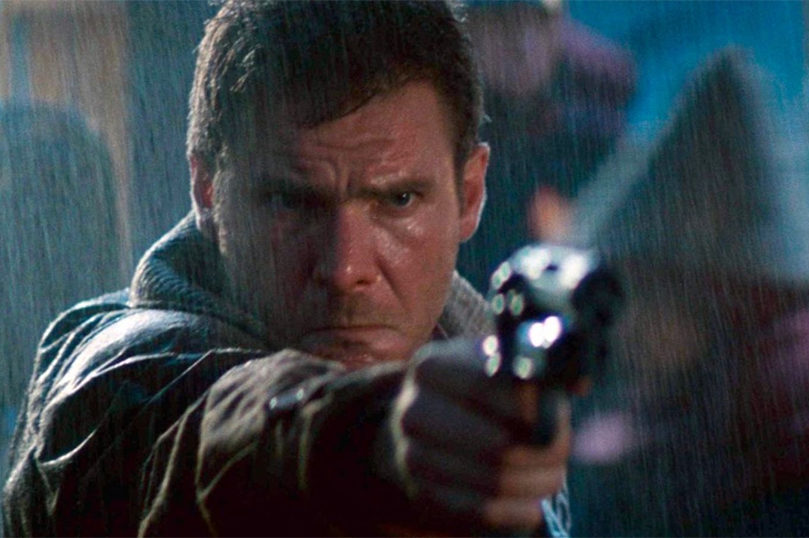
Six Books About Being A Cog in the Dystopian Machine
Here are five books about dystopian bureaucracies and the characters who make them work, and sometimes end up bringing them down.

Here are five books about dystopian bureaucracies and the characters who make them work, and sometimes end up bringing them down.

What is the best weapon you can have in a science fiction novel? Sometimes, the answer is ‘who’ and not ‘what.’ Karen Osborne, debut author of Architects of Memory and the newly released Engines of Oblivion, joined us to share her favorite humans turned weapons of science fiction—do you agree with her choices? By Karen Osborne…

Solving crime in a science-fiction universe is a heck of a headache, as any one of these eight unlucky protagonists could tell you.